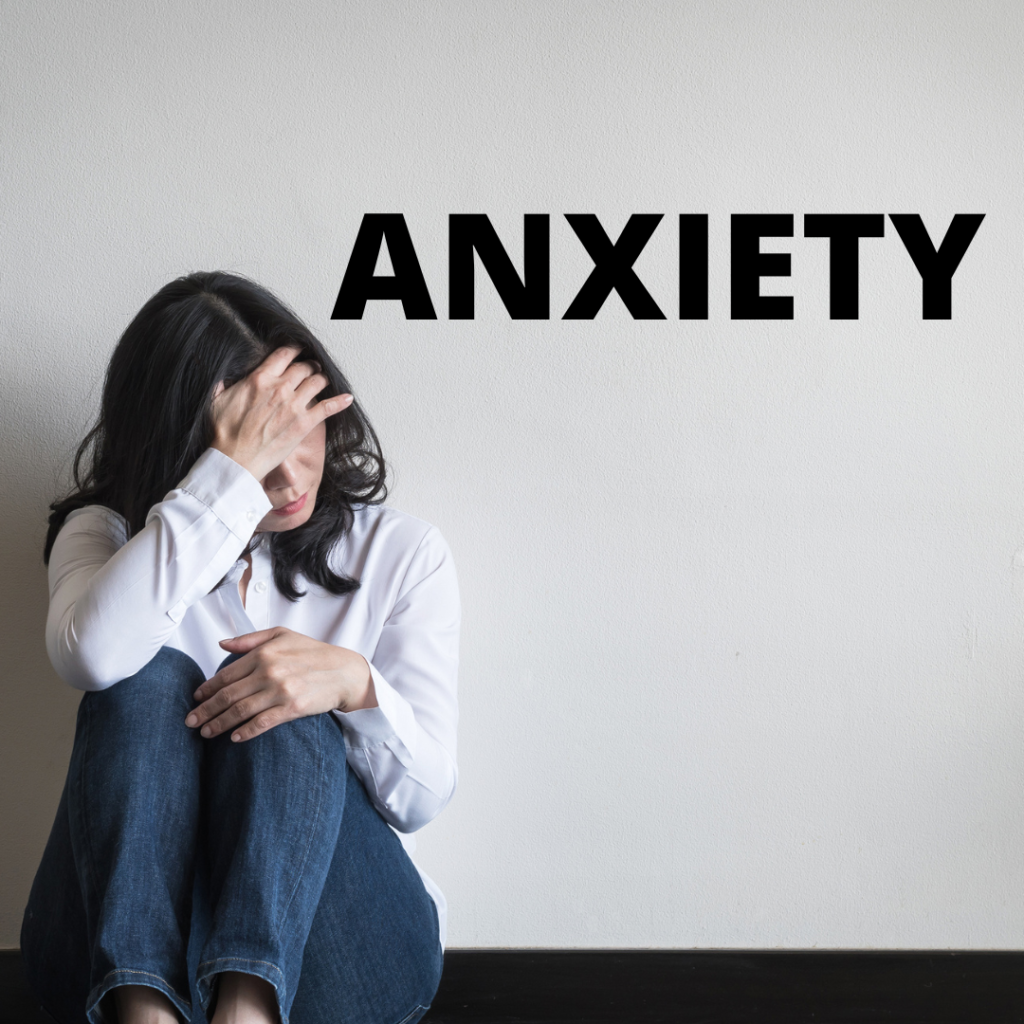Anxiety

Anxiety is your body’s natural response to stress. It’s a feeling of fear or worry that could be caused by a combination of factors that researchers believe range from genetics to environmental to brain chemistry.
Some common symptoms of anxiety include:
- increased heart rate
- rapid breathing
- restlessness
- trouble concentrating
However, it’s important to note that anxiety can present itself in different ways for different people. While one person may experience a butterfly feeling in their stomach, another might have panic attacks, nightmares, or painful thoughts.
With that being said, there’s a difference between everyday anxiety and anxiety disorders. Feeling anxious about something new or stressful is one thing, but when it gets to an uncontrollable or excessive point and starts to affect your quality of life, it could be a disorder.
Anxiety can be treated in a variety of ways. One common treatment option is cognitive behavioral therapy (CBT), which helps provide people with tools to cope with anxiety when it occurs and also medications, however, if you’re looking to go a more natural route, there are little and big ways you can help combat anxiety.
You can make adjustments to habits, like exercise, sleep, and diet. You can also try something totally new, like aromatherapy or meditation, even chiropractic care. No matter what your lifestyle demands, there’s a natural way to help reduce anxiety for everyone.
Just to name a few: Staying active, steer clear of alcohol, stop smoking, limit caffeine intake, prioritizing your sleep schedule, try yoga or meditation, balanced diet, practice deep breathing, get adjusted.
If you’re feeling anxious, the above ideas may help calm you down.
Remember, home remedies may help ease anxiety, but they don’t replace professional help. Increased anxiety may require therapy. Talk with your doctor about your concerns.
